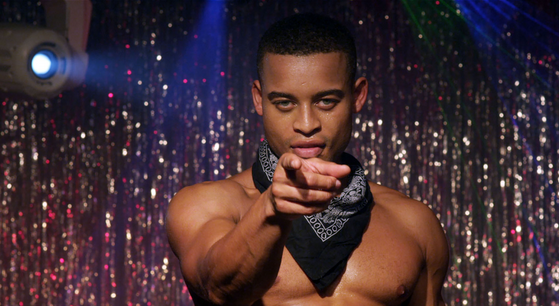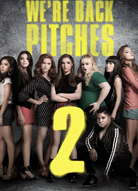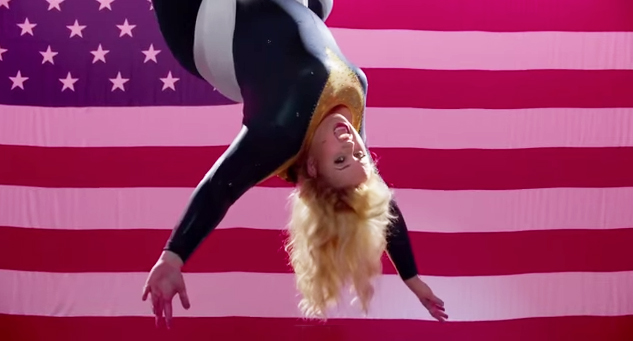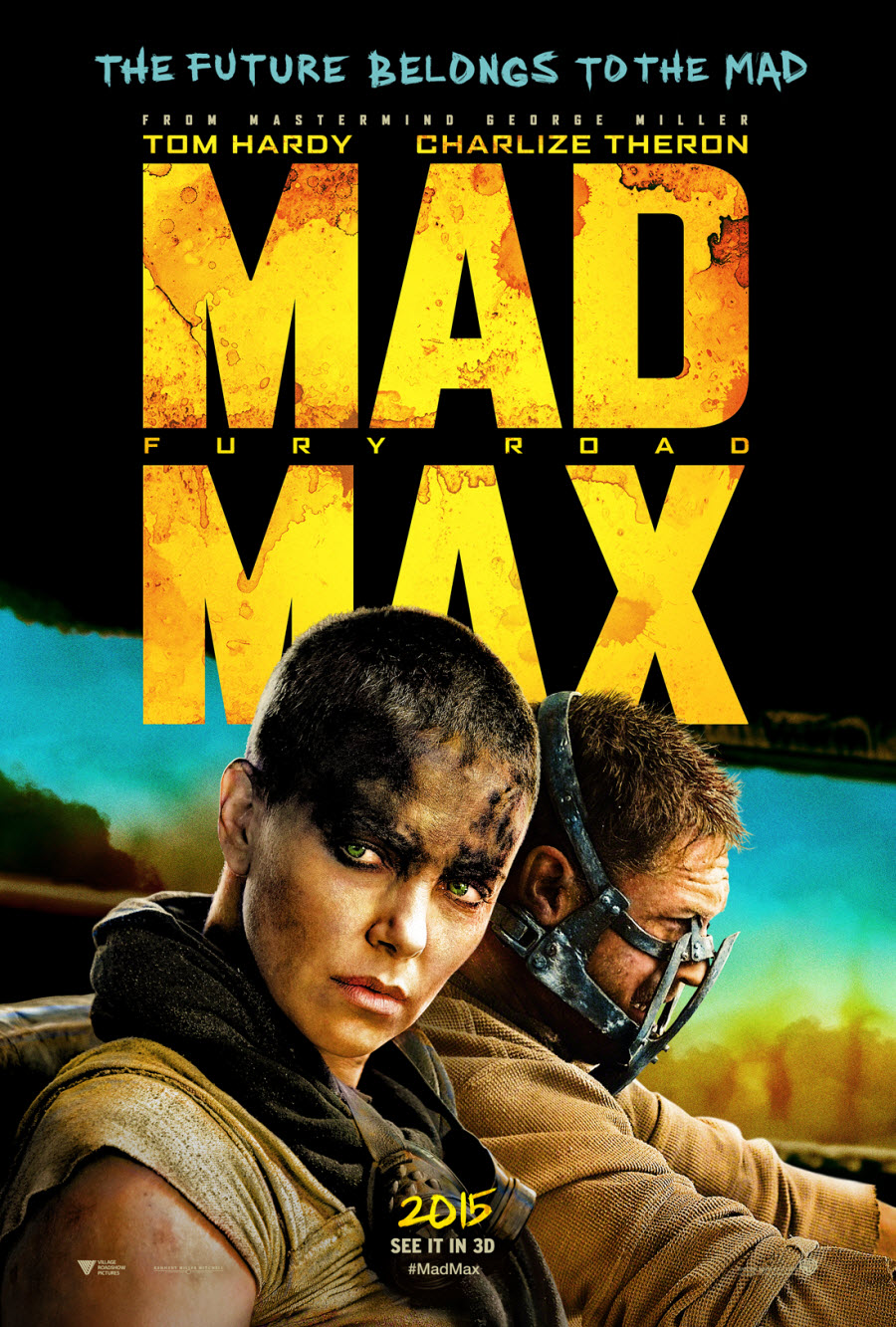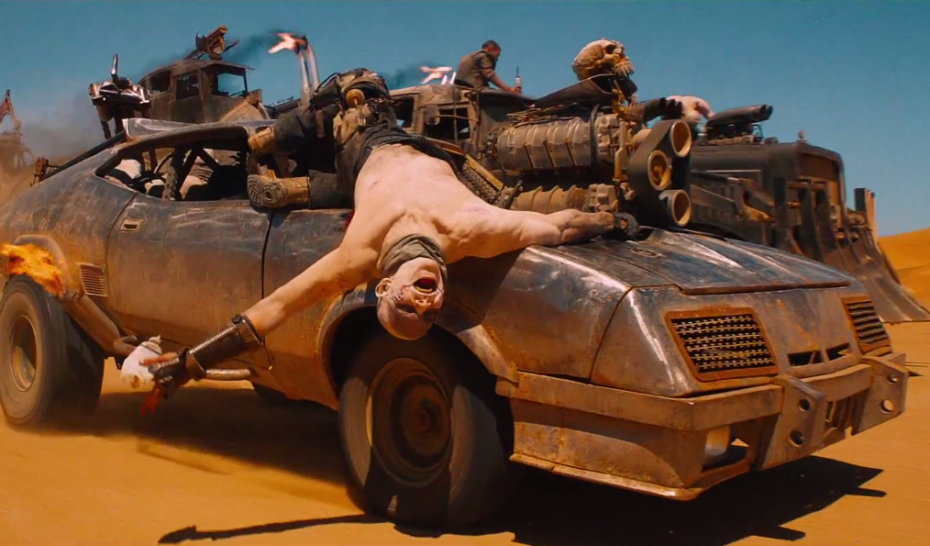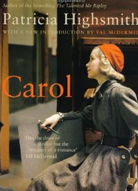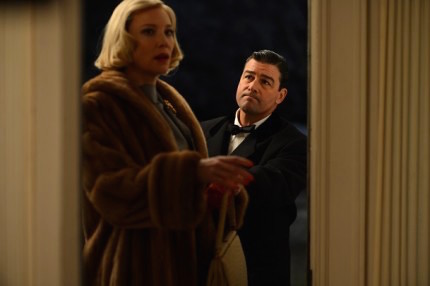Review: Chocolate City
 Sunday, May 24, 2015 at 10:00PM
Sunday, May 24, 2015 at 10:00PM This review was originally published in Nathaniel's column at Towleroad...
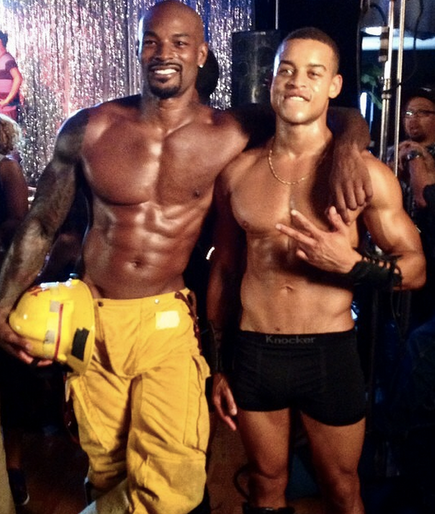 So ballsy: Chocolate City, a black rip-off of Magic Mike, actually name checks Steven Soderbergh's Magic Mike (2012) twice -- once in its opening scene even! -- and names it lead character Mike. In one conversation its strippers even dismiss Magic Mike for being 'only a movie' as if they're authentic fantasy workers in a documentary.
So ballsy: Chocolate City, a black rip-off of Magic Mike, actually name checks Steven Soderbergh's Magic Mike (2012) twice -- once in its opening scene even! -- and names it lead character Mike. In one conversation its strippers even dismiss Magic Mike for being 'only a movie' as if they're authentic fantasy workers in a documentary.
Not ballsy enough: Chocolate City has zero actors as brave as Matthew McConaughey what with his g-string ass up to the camera writhing and no actors as nonchalantly nude as Channing Tatum doing that birthday suit bathroom strut. If you're aiming for an even cheaper riff on one of the great low budget success stories of recent cinema (Magic Mike grossed 24 times its meager budget globally; hits are generally lucky to quadruple their budgets) shouldn't you exploit what your mama gave you?
B movies throughout time have been energized by their trashier instincts. Not so much this one. This Mike (super cute Robert Ri'Chard) is practically a saint though he goes by "Sexy Chocolate" while naughty on stage. More...



